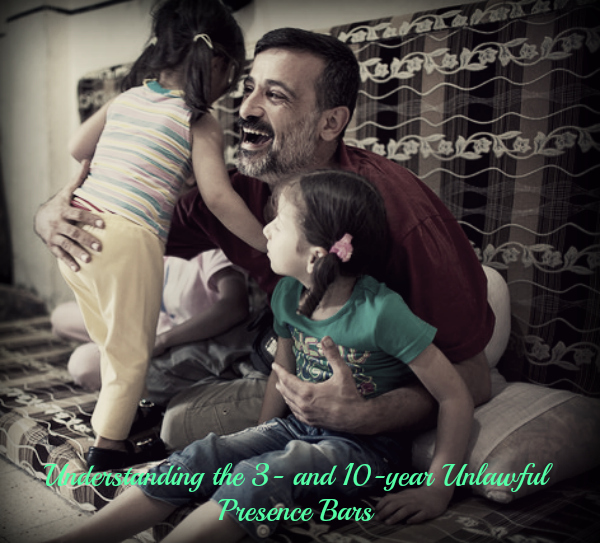With the 2020 elections quickly approaching and much at stake in the world of immigration, we remind you of the upcoming events relating to the presidential election, where you can register to vote and secure a mail in ballot, and of who is eligible to vote in the 2020 presidential election.
Who Can Vote in the U.S. Presidential Election?
You are eligible to vote in U.S. Federal Elections if you are a United States Citizen, regardless of the manner in which you obtained citizenship. U.S. Citizen’s must meet their state’s residency requirements, be 18 years of age on or before election day and register to vote by your state’s deadline. If you are not yet registered to vote, please do so as soon as possible. Voting is one of the most important ways that Americans can participate in our democracy and protect the most vulnerable members of our society.
As a reminder, lawful permanent residents cannot vote in federal elections. Only United States citizens may do so.
For information on your state’s registration requirements please click here.
Criminal Issues May Impact Your Right to Vote
In some states, you may not be able to vote if you have certain felony convictions. If you have questions about whether you may vote in your state, contact your state county election officials where you wish to register to vote.
How Can You Vote?
You may vote either (1) in person at your designated polling place on election day (2) you may vote early in person at your designated early polling place, or (3) you may request a mail-in/absentee ballot if available and vote by mail.
To find your polling place click here.
For information on how to request a mail-in absentee ballot click here.
For information on how to check your registration status click here.
 Visa Lawyer Blog
Visa Lawyer Blog









